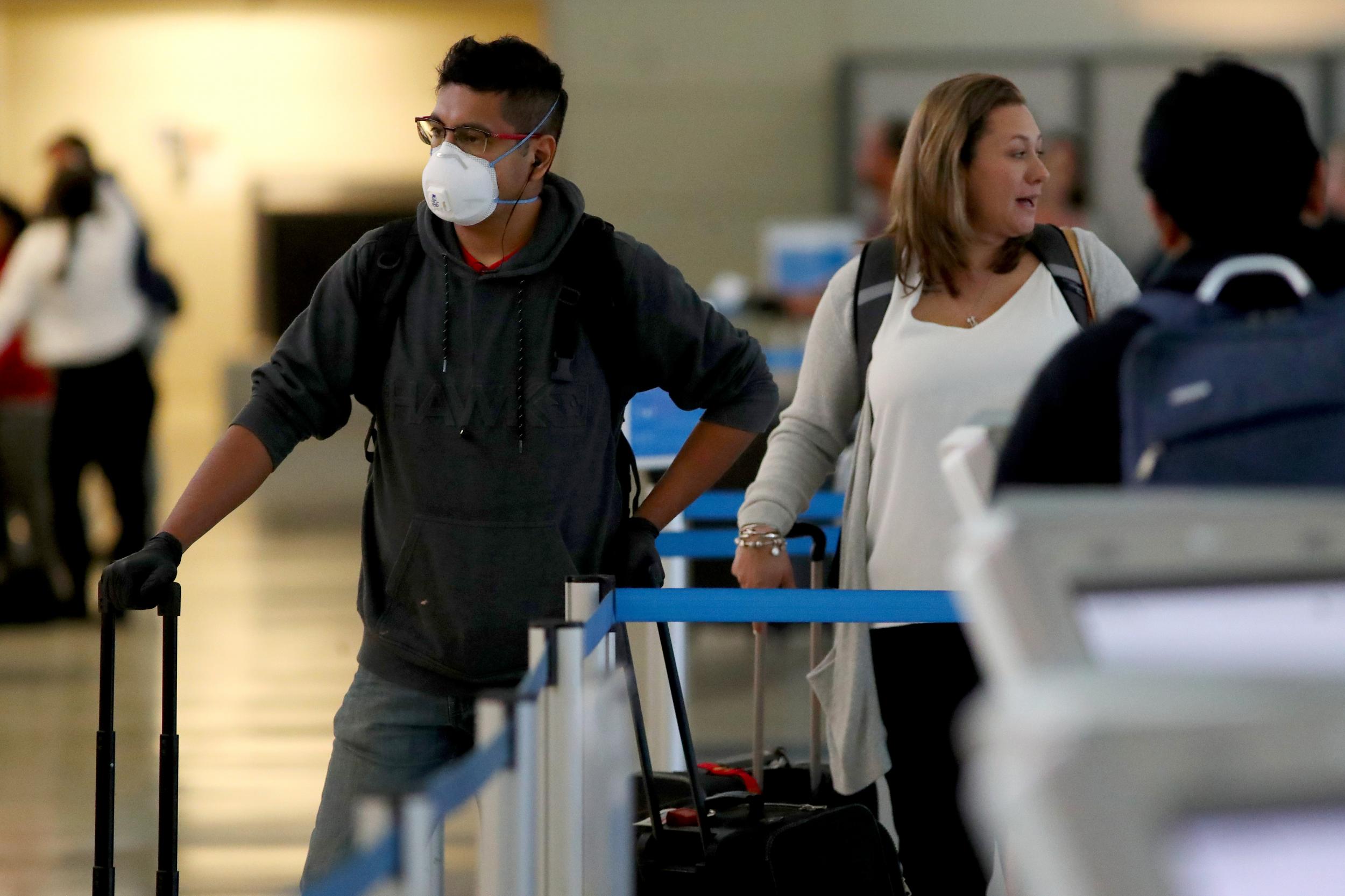Bailouts are inevitable thanks to coronavirus – but taxpayers have to be treated fairly
We have to establish some clear principles, for government but also for ourselves, writes Hamish McRae


Governments around the world have to nurse the hardest-hit industries through this coronavirus crisis. But they also have to be fair to taxpayers who fund the inevitable bailouts. Getting that balance right will be a key element of economic policy in the weeks ahead.
It is easy for governments and central banks to launch huge macro-economic interventions. The governments can and are taking on wartime powers and applying wartime financial actions. The first aim of course is to combat the virus, and Germany and Italy are now asking their car manufacturers to help produce more medical equipment, including ventilators.
But at a macro-level they have to help their economies through what is going to be a recession akin to that of 2009 – maybe deeper, though not as long. Some industries are particularly hard hit. Airlines, the hospitality industry, and high street retail are in the front line, but others will be hit in ways that have yet to feed though.
Coping with companies in trouble is administratively much harder than cutting interest rates or delaying payment of taxes. There is a model in the interventions made after the financial crash of 2008 to 2009. Banks were part-nationalised, car manufacturers given government support.
Taxpayers lost money in some cases, but broke even or made a profit on others. For example, the UK government claimed to have made a small profit on its rescue of the Lloyds Banking Group after it pushed it to rescue Bank of Scotland, but it still has a clear loss on Royal Bank of Scotland shares. The US government lost money on General Motors. But the general view is that this was better than the alternative of thousands of people losing their jobs and a possible collapse of the world’s financial system.
Expect that model to be applied now. The major airlines will get some sort of government support – they already are through general measures available to all companies, but I could see partial nationalisation of the owner of British Airways, the International Airlines Group (IAG). But the moment you start to look at nationalisation you encounter a huge problem. Which government is responsible? IAG is technically registered in Madrid, though its main operating base is London. Is it a good idea for British taxpayers to bail out Iberia, when it is BA that makes most of the profit?
That objection does not apply to US airlines and I expect they will get bailed out, though on tough terms. But the US government has money. Ryanair is financially very strong but could the Irish government afford to rescue it were the worst to happen? And what about Virgin? Its call for an industry-wide bail-out is strongly opposed by the other airlines, including the IAG.
The airlines are obvious candidates for a rescue, but other industries are equally hard hit. The hospitality industry ranges from giant hotel groups, to restaurant chains, to pubs, to seaside bed and breakfast places. This is not like the banks where there were a handful of enterprises that had to be saved. The industry is too fragmented. While it is true that the measures already announced – payroll support, the VAT holiday and so on – will be very helpful, it is hard to see that they will be enough. Suppose the pubs are shut for a year?
That leads to a wider point. It is easy to identify big companies that should, or maybe should not, be bailed out. But the UK economy, like all economies, is made up of millions of small businesses. You can make an administrative decision as to whether a government should rescue an airline. You cannot make a decision to rescue the pub round the corner.
What we will need to do is establish some clear principles, for government but also for ourselves. One will be to preserve the economy’s capacity to recover once the outbreak is under control. A second is that if the taxpayer is taking on a commercial risk it should also gain a reward once business conditions return to normal.
A third is that the financial sector, particularly the banks, should nurse businesses through. A fourth is that the business community as a whole should support suppliers by paying their bills on time, and staff by keeping them on – using government support to do so.
And finally we should all learn from this how important ethical business practice is to the health of our society. We need businesses, large and small, to keep going though an experience they, and we, have mercifully never had to go through before.
Join our commenting forum
Join thought-provoking conversations, follow other Independent readers and see their replies
Comments